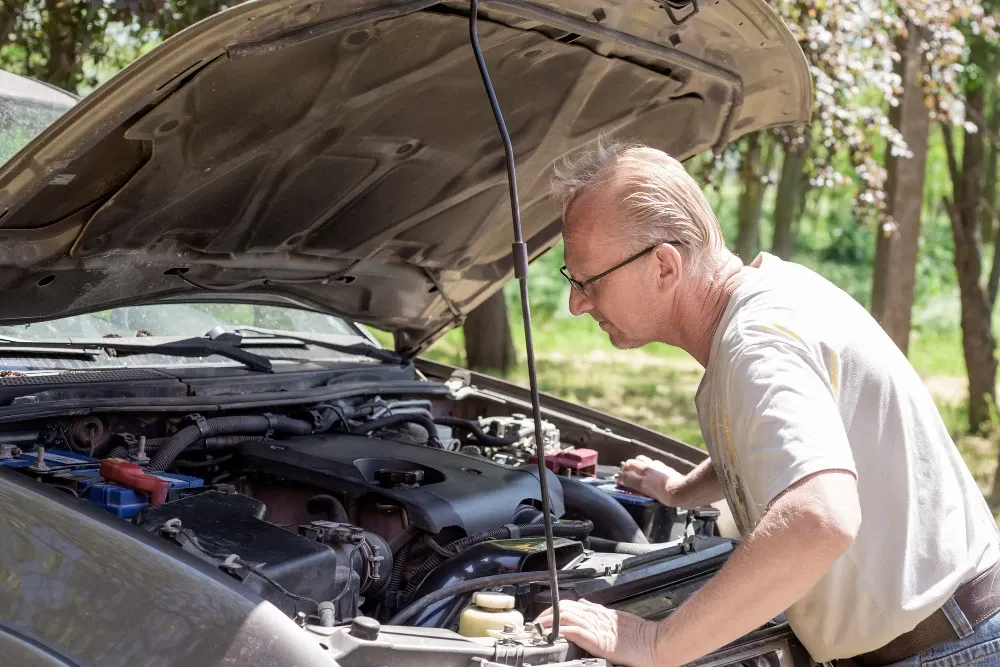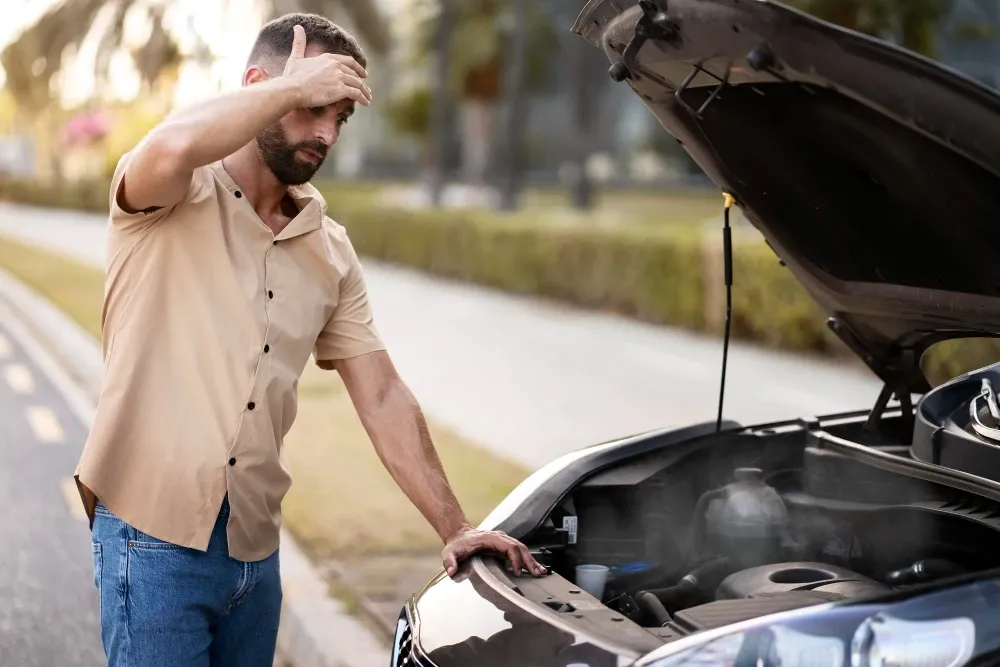The engine of the car is one of the essential elements on which all car components depend. If any of the parts malfunction or fail, it can create different problems in the car that will reduce not only the performance but also the safety of the car. Getting timely inspections from a trusted auto repair Houston can help prevent such costly issues.
If your car is misfiring, it is an indication that there is some trouble in your car. Avoiding the engine misfiring can result in poor fuel efficiency, performance, and, in the worst scenario, engine breakdown. In this blog, we have provided a comprehensive guide to causes, symptoms, and solutions for engine misfires that you must know.
If you’re searching for ‘auto repair near me,’ we’re here to help — book your service today.
What is Engine Misfire?
An engine misfire is an issue that takes place when the cylinder fails to create combustion. The performance of the engine entirely depends on the correct blend of air, spark, and fuel. If there is an issue in any part of the car, your engine will misfire. Leaving such an issue untreated can enhance the risk of potential damage and expensive repair. Thus, it is essential to get it fixed from engine repair services.
Causes of Engine Misfire
Engine misfires can take place for multiple reasons, but there are some specific causes that play the main role in engine misfires. Thus, let’s get into the details of important factors that contribute to engine misfires.

Faulty Spark Plugs
If you have ever seen spark plugs, you might know they are of small size. Despite their small size, spark plugs are crucial in igniting the air-fuel mixture inside an engine’s cylinders. With time, these plugs degrade, and this results in a number of problems. They can be carbonized, corroded in the electrode, or expire simply because of their service life. Such conditions reduce the spark plug’s capacity to create a bright and constant flame, which eventually leads to engine misfires.
Ignition Issue
The ignition system as a whole can add to misfires due to any of its elements malfunctioning. For example, ignition coils can weaken and produce insufficient voltage to trigger the air-fuel mixture. Spark plug wires or ignition cables that have been damaged can cause electrical leaks, which disturb the path of a spark. In older vehicles with distributors, a worn distributor cap and rotor can cause impeded spark distribution.
Problem in Air and Fuel Mixture
Engine combustion is dependent on the perfect ratio of air and fuel. Any deviation from this exact proportion can lead to misfires. One of the most common causes is a vacuum leak, which involves air entering into the engine that cannot be measured. Failures of sensors, like the mass airflow sensor (MAF) or oxygen sensor (O2), can cause bad data to be sent to the engine control unit, causing incorrect fuel delivery because of misfiring.
Problem in Fuel System
It is essential that the correct air-fuel ratio be obtained to ensure smooth engine performance. If the balance is disrupted, misfires may occur. Fuel injectors that deliver fuel to the combustion chamber may become clogged or develop mechanical faults, resulting in imperfect fuel delivery. A faulty fuel pump can cause inadequate fuel pressure.
Compression Issue
For combustion, it is essential to have the appropriate cylinder compression. Poor compression can be caused by damaged or worn piston rings, cylinder walls, or blown head gaskets, resulting in engine misfires.
Symptoms of Engine Misfires
Below are the symptoms of engine misfires that will help you recognize the issue in your car.
- Changed Engine Sound: If you experience unusual sounds from the engine, it can be because of engine misfires.
- Vibration: Facing vibration while driving or idling.
- Check the Engine Light: If the check engine light flashing or blinks, it can be a sign of engine misfires.
- Rough Idle: Engine stalling or uneven idle can be a sign of engine misfires.
- Jerk During Acceleration: Experiencing jerks during high gear or low RPM can be a great sign of engine misfires.
- Abnormal Exhaust: An engine misfire can generate abnormal exhaust emissions. This is your sign to get your car checked.
Solutions to Fix Engine Misfires
- Check Trouble Codes on OBD-II Scanner: To know the specific issue in the car, it is essential to read trouble codes. Address the issues that are indicated by codes like P030X or P0300.
- Get Your Coils and Spark Plugs Checked: Get your car spark plugs or coil examined by the mechanic. Replace it if needed.
- Check Fuel Pressure: Examine fuel system components and see if the pressure is appropriate to specifications.
- Inspect Vacuum Leaks: Check for vacuum leaks by applying a flammable substance to the manifold and checking the engine’s speed.
- Clean or Replace Fuel Injectors: If you experience that your fuel injectors are clogged it is better to get them cleaned or replaced.
- Replace Faulty Fuel Pump: If your fuel pump is malfunctioning, it is essential to replace it for efficient fuel delivery to the engine.
- Replace Car Sensors: If an issue is detected in the MAF or oxygen sensor, replace it to avoid further damage to the engine.
- Replace throttle body: if the throttle body is clogged with dirt, it is essential to get it cleaned or replaced for better airflow.
- Address Overheating: If your car is overheating, it is important to address it; otherwise, it will damage the engine components.
The Bottom Line
Engine misfire is a common problem that strongly affects the performance of the engine. To avoid any inconvenience because of engine misfires, it is essential for a driver to understand the causes and symptoms of engine misfires. If you are experiencing an engine misfire in your vehicle, it is time to book your appointment by calling us at 713-667-9293.

